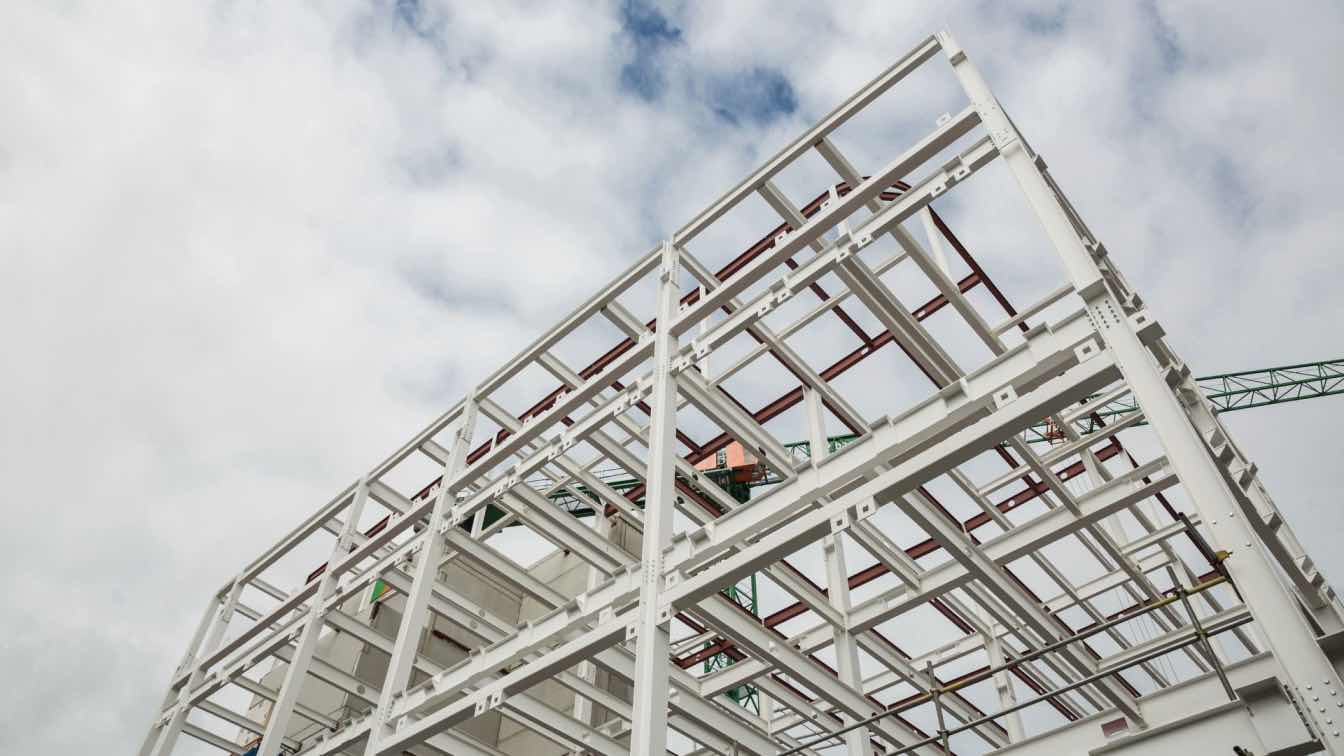The steel industry has been the backbone of industrial development for centuries and has proven to be a decisive factor in the growth of the global economy. With its ability to drive innovation and support numerous industrial sectors, it plays a central role in the global economic landscape. But what specific economic impacts does this industry have, and how does it shape the future? This blog post takes a detailed look at the economic significance of the steel industry, from job creation to the promotion of innovations, to its role in sustainable development.
Engine of Employment
The steel industry is a significant employer worldwide, directly and indirectly accounting for about 2 million jobs. With thousands of steel mills spread across the globe, it creates numerous jobs not only in production but also in research and development as well as in sales. The high demand for steel in various sectors such as construction, the automotive industry, infrastructure development, and mechanical engineering ensures a continuous employment dynamic. Moreover, the complexity of steel production requires highly skilled workers, contributing to the development of expertise and the enhancement of educational levels. In some countries, the steel industry is even one of the largest industrial employers, underscoring its importance to the economy.
Drive for Innovation
Innovation is a keyword in the steel industry. The constant search for more efficient, sustainable, and cost-effective production methods drives research and development forward. A standout example of this is the development of high quality steel 17-4 PH, an alloy known for its high strength and corrosion resistance, making it particularly valuable for demanding applications such as in aerospace, the energy sector, and medical technology. These and other innovations open up new application possibilities in various industries and contribute to economic dynamics by opening up new markets and increasing productivity. The development of new steel types and manufacturing processes can also improve the competitiveness of companies and lead to the creation of high-quality products.
Contribution to Global Trade
Similarly, the steel industry is an important player in global trade. Steel is one of the most traded goods worldwide and helps to strengthen trade relations between countries. The export and import dynamics of steel affect the trade balances of countries and can serve as an indicator of economic strength and industrial capacity. Moreover, global trade in steel also reflects political and economic alliances and is often the subject of international negotiations and agreements. The ability to produce and export high-quality steel is a sign of technological advancement and economic power for many countries.
Role in Sustainable Development
In light of the challenges of climate change and resource scarcity, the steel industry is working intensively to reduce its ecological footprint. Through the implementation of circular economy models, the development of technologies to reduce CO2 emissions, and the use of renewable energies, the steel industry makes a significant contribution to achieving global sustainability goals. These efforts are not only important for environmental protection but also offer economic opportunities through energy efficiency, the creation of green jobs, and the reduction of operating costs. Promoting sustainable practices can also serve the market demand for environmentally friendly products and give companies a competitive advantage.
Pioneering the Future: The Steel Industry's Vision
As we stand on the brink of a new era, the steel industry's vision for the future is both ambitious and forward-thinking. Embracing the dual challenges of innovation and sustainability, the industry is not just responding to the demands of today but is actively shaping the future. With advancements in technology, particularly in areas such as artificial intelligence (AI) and the Internet of Things (IoT), the steel industry is set to revolutionize its operations, making them more efficient, sustainable, and cost-effective. The integration of these technologies promises to enhance production processes, reduce energy consumption, and minimize waste, thereby setting a new standard for industrial excellence. Furthermore, as the industry continues to explore and implement circular economy practices, it is redefining its relationship with the environment and society. By prioritizing the recycling of steel products and reducing reliance on finite resources, the steel industry is not only contributing to a more sustainable world but is also securing its position as a key player in the global economy. The journey ahead is filled with challenges, yet the steel industry's commitment to innovation, sustainability, and economic growth illuminates a path towards a brighter, more resilient future.
Conclusion
The economic impacts of the steel industry are multifaceted and far-reaching. As an engine of employment, a driver of innovation, a significant player in global trade, and a key sector for sustainable development, it plays a crucial role in the global economy. The development of advanced materials like 17-4 PH steel highlights the industry's endeavor to promote economic growth and sustainability through innovations. Thus, the steel industry not only represents an impressive past but also a promising future, in which it will continue to be a central pillar of economic development worldwide.





